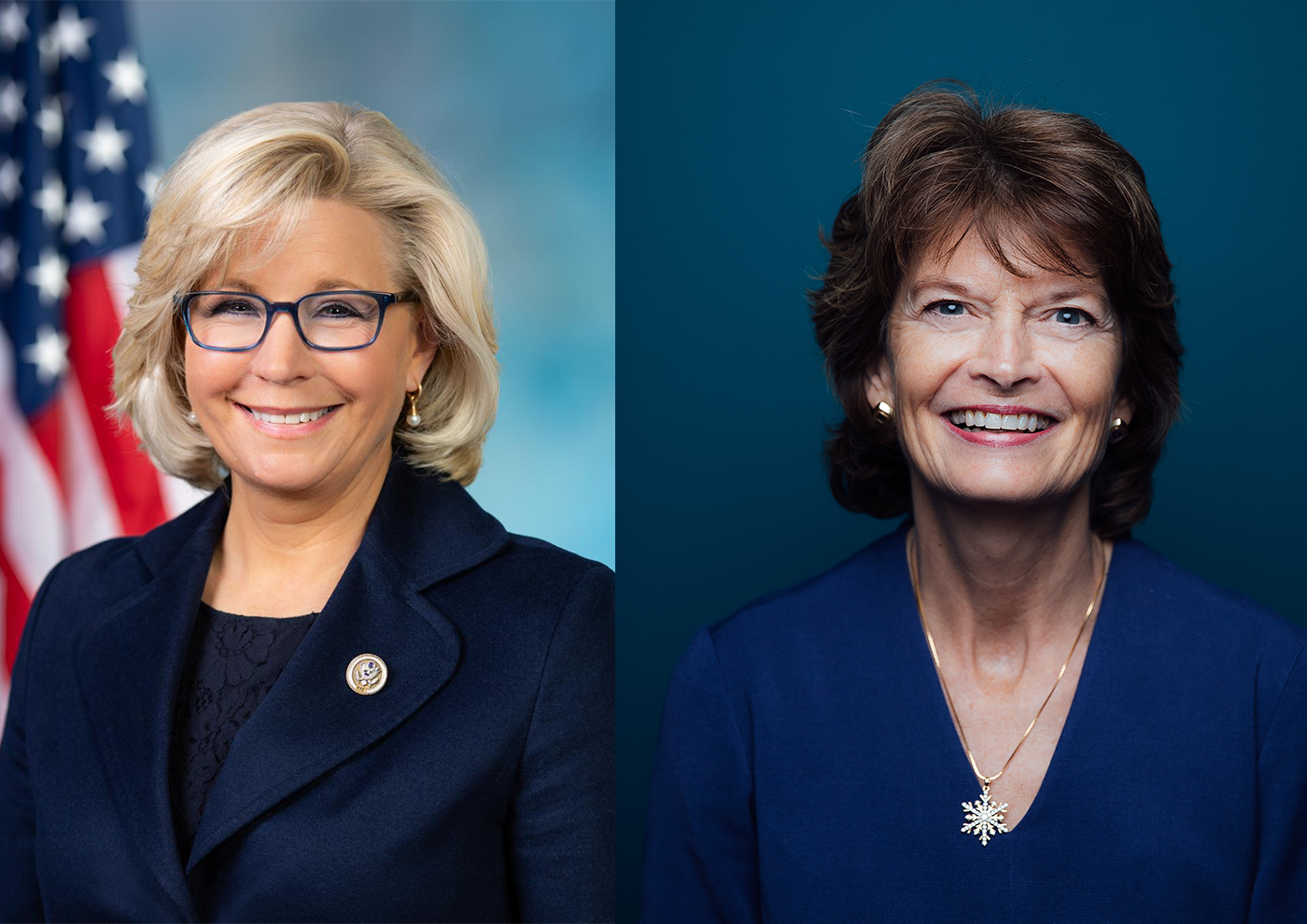The following is excerpted from an article Sightline senior researcher Jeannette Lee guest-wrote for The Fulcrum.
If you want to know how to save American democracy, look no further than the cases of Wyoming Rep. Liz Cheney and Alaska Sen. Lisa Murkowski. The primary elections systems in their states dictated two divergent political fates.
Both Cheney and Murkowski are established Republican incumbents from sparsely populated red states; each serves in a seat held by her father. Both face retribution from their party and conservative media for choosing the Constitution above loyalty to former President Donald Trump. Cheney voted to impeach Trump and Murkowski to convict him for his part in the storming of the Capitol on Jan. 6, 2021.
On Tuesday, Alaska and Wyoming held primary elections. Cheney lost by 37 points, while Murkowski advanced with three other candidates to the general election. To be sure, Wyoming’s electorate is redder and more pro-Trump than Alaska’s, and Cheney, as co-chair of the Jan. 6 committee, is Trump’s most visible and vocal critic within the party. But their contrasting fates came down to the rules of the primaries themselves.


